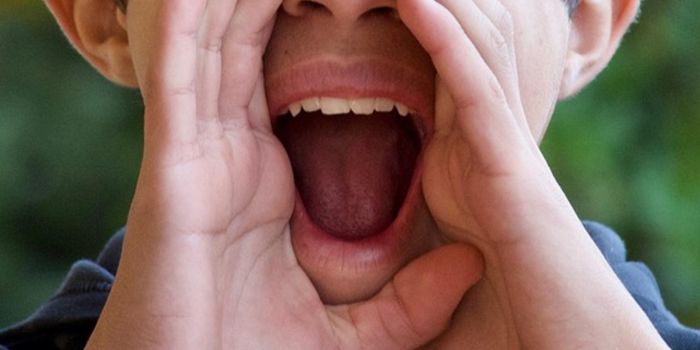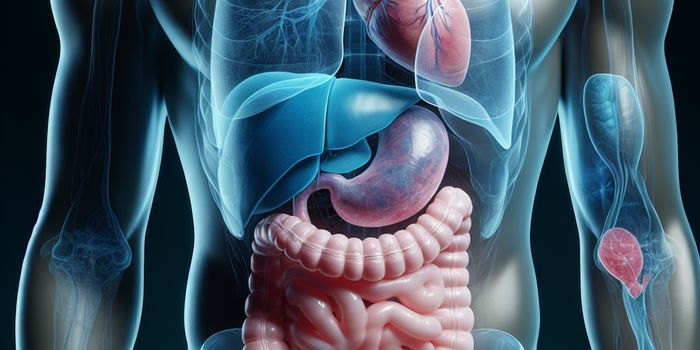The Healthiest Gut Makes the Healthiest Mind
In a study published in February in the journal, Nature researchers report more evidence that microbial diversity in the human digestive system and brain activity are connected.
In this study, scientists screened the microbial diversity of over 1,000 subjects from Belgium. In the subject pool, 173 individuals reported having depression. Microbial composition of the human gut is affected by many factors including age and sex, so the composition of subjects' microbiome was compared based on these parameters. What researchers found was that depressed subjects’ gut contained no Coprococcus or Dialister bacteria, and a reduced population of faecalibacterium. Scientists repeated the experiment with 1,070 Dutch subjects, which resulted in the same correlations.
One of the most striking correlations was that subjects who received antidepressant treatment still lacked the diversity of gut microbes found in subjects who reported a high quality of life. Scientists are hoping that with more research, depression could be treated by altering an individual’s microbial gut composition instead of medication. Scientists hope this would eliminate the symptoms caused by antidepressants because these microbes naturally inhabit humans, and treatment could be custom. Researchers at the University of Basel in Switzerland are beginning to test this theory using fecal transplants.
Previous studies in mice and small studies in humans also showed that individuals with depression were missing two species of bacteria in their gut, Coprococcus, and Dialister. These studies also found the digestive system of healthy individuals contained both of these bacteria.
Scientists are now studying whether depression eliminates these bacteria in the digestive system, or if depression is a symptom of lacking these bacteria in the gut.
Sources: The Atlantic, Science, Nature, SciShow








